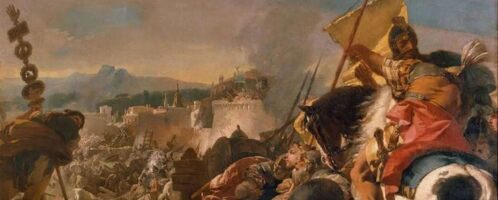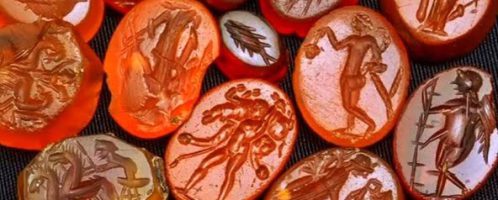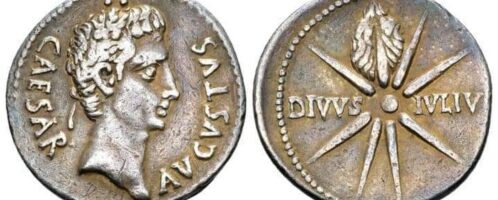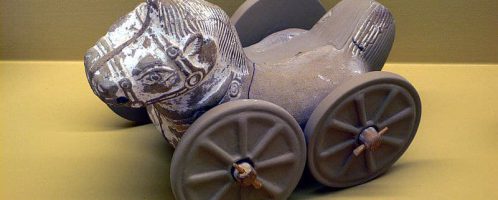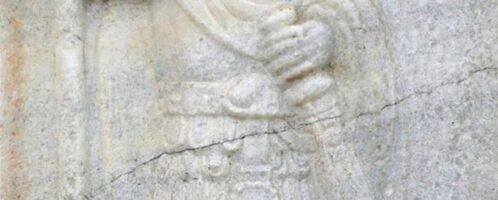Did Ancient Romans sprinkle with salt Carthage’s ground?
There is a popular belief that ancient Romans after defeating Carthage in 146 BCE not only razed the city to the ground but also sprinkled it with salt, in order to make sure that nothing would grow in these hated areas.

